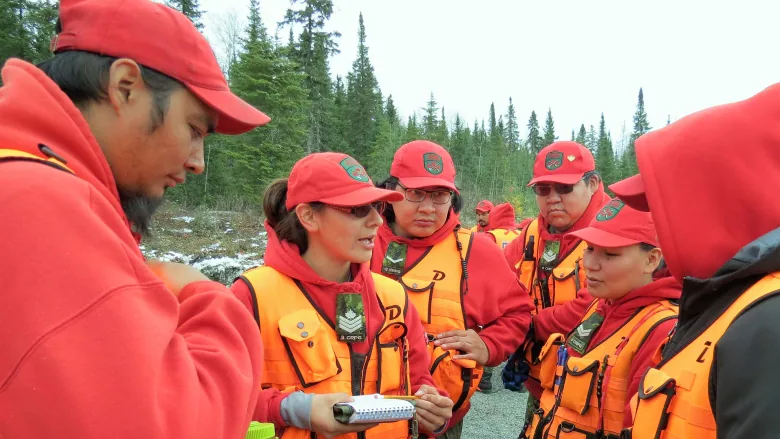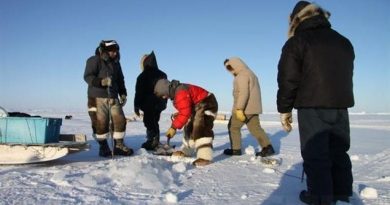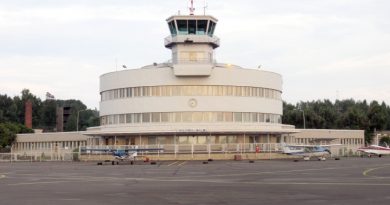How the Canadian Rangers are responding to COVID-19 in the Sahtu region of Canada’s Northwest Territories

Scope of work includes delivering food, water, medication and COVID-19 information
Approximately 15 Canadian Rangers are being activated to support N.W.T. communities dealing with a surge of COVID-19 cases, according to the Canadian Armed Forces (CAF).
It’s a resource the federal government announced over the weekend, along with support from the Canadian Red Cross, which one community leader says will be a “terrific asset.”
Frank Pope, the mayor in Norman Wells, said Sunday two Rangers have become available in his town.
“They’re doing stuff like delivering groceries to people, making sure medication is delivered to people who need it, to just help take supplies around the community,” he said.
“They’re just doing whatever they’re being asked to by their municipal leadership.”
Fort Good Hope Chief Tommy Kakfwi called the federal assistance “comforting” on Sunday.
Support in place for additional 14 days
In an email to CBC News over the weekend, Cpt. Dawn O’Connor, a public affairs officer with the Canadian Joint Operations Command of the CAF, said Rangers had been activated in a number of N.W.T. communities including Norman Wells, Fort Good Hope, Tulı́t’a, Délınę and Colville Lake.
Pope, however, pointed out that Rangers have other jobs and aren’t always available.
According to O’Connor, CAF personnel were to be available in communities no later than Monday. She said CAF would also provide up to five additional staff “for planning support” in Yellowknife, and that more support in the hub city is available if requested by the territorial government.
The support will be in place for an initial 14 days, said O’Connor, and two more 14-day “contingency options” are possible.
The CAF’s response to the pandemic is dubbed Project Laser. Under its scope, O’Connor said personnel are able to work with local and territorial emergency operations and command posts, provide logistical and general support, help deliver food, water, firewood and care packages in communities, and distribute COVID-19 information.
Related stories from around the North:
Canada: COVID-19 vaccinations for students in Nunavik, Quebec to start on August 23, Eye on the Arctic
Finland: Berry firms moved harvesters from Lapland to East Finland even if exposed to, infected with COVID-19, Yle News
Greenland: Five new COVID-19 cases in Greenland’s capital city of Nuuk, Eye on the Arctic



